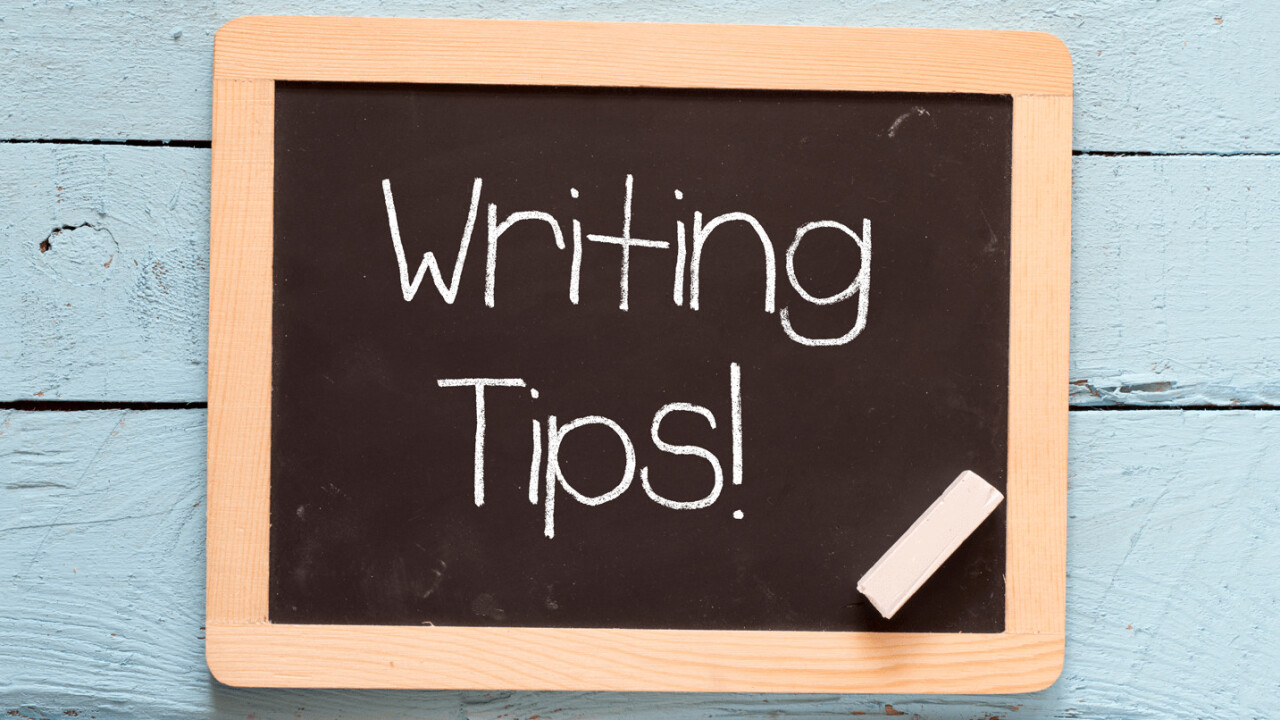“How much rewriting do you do?”
“It depends. I rewrote the ending to ‘Farewell to Arms,’ the last page of it, 39 times before I was satisfied.”
“Was there some technical problem there? What was it that had stumped you?”
“Getting the words right.” — Ernest Hemingway interviewed by George Plimpton for The Art of Fiction no. 21.
Everyone can write, but not everyone can be a writer. A serious writer cares deeply about quality and one of the biggest challenges is simply getting the words right.
The challenge still holds true when it comes to blogging.
Choosing words, stringing them into sentences and stacking them all into a paragraph that can maintain readers’ interest until the end is no easy task.
So to help you craft a great blog, we asked our editorial team to share some of its secret sauce.
Lauren Gilmore, Commissioning Editor: Commit to what you write
Writing is part skill and part passion – only one of which can easily be faked. If you’re writing about a topic you don’t care about, this will come through.
Thankfully, if you aren’t a strong writer, you can improve simply by practising. So find what interests you, then set aside time to write consistently. Each day, every day. Whether it’s a simple paragraph or an entire article: consistency is key.

Natt Garun, US Editor: Put your readers first
This tip is essential when you’re writing a news piece on your blog.
Often, when a writer tries to make a story more relatable, they tend to add personal perspectives or anecdotes rather than illustrate how a news topic is important to their audience.
The next time you write a story, look back at every instance of “me” or “I” and think about how you can turn that perspective around and make it about the reader instead.
It’s important to try your best to stay away from first person narratives on an informative news piece, unless it’s an op-ed.
Natt Garun, US Editor: Keep it succinct
Words like “very,” “actually,” and “that” add little context to the sentence and can be edited out.

Natt Garun, US Editor: Read it aloud after you’re done
Read your post out loud when you’re done. Does it sound awkward? If it’s difficult to read aloud, the sentences probably need restructuring for a better flow.
Abhimanyu Ghoshal, Asia Reporter: Edit your work mercilessly
It’s important to edit your work so that it flows well and is free of fluff and errors.
After you’ve written your story, take a few minutes to first step away from it, do something else, and then return to read it. With a fresh set of eyes on your piece, you’ll be able to spot mistakes more easily and find ways to tighten it up.
Don’t be afraid to move sentences or entire paragraphs around, kill extra words and phrases, and check that your piece flows logically from one point to the next.
The first draft doesn’t have to be perfect – it rarely is – and your edited work will read better when you’re done editing.
That doesn’t mean you have to stifle your style of writing. Instead, think of editing as a way to remove anything that dilutes your work and how you want to express yourself.

Martin Bryant, Editor at Large: Hit that publish button
The best way to write well is to keep writing, publishing, and learning.
Your early work may not be as good as you’d like it to be but don’t worry too much – you learn a lot more from publishing than you do from refining and editing over and over.
See what reaction you get and take that on board for your next post. Even if you’re not 100 percent happy with it, people tend to remember your best work more than your worst.
Get the right writing app to prevent chaotic writing
If you’re looking for more ways to improve your writing, Scrivener 2 helps you order your fragmented ideas with the fully-featured outliner, view your research materials alongside your writing, edit different sections of your piece in isolation or as a whole, and much more.
On TNW Deals, you can get it now for 50 percent off the official price.
Get the TNW newsletter
Get the most important tech news in your inbox each week.





